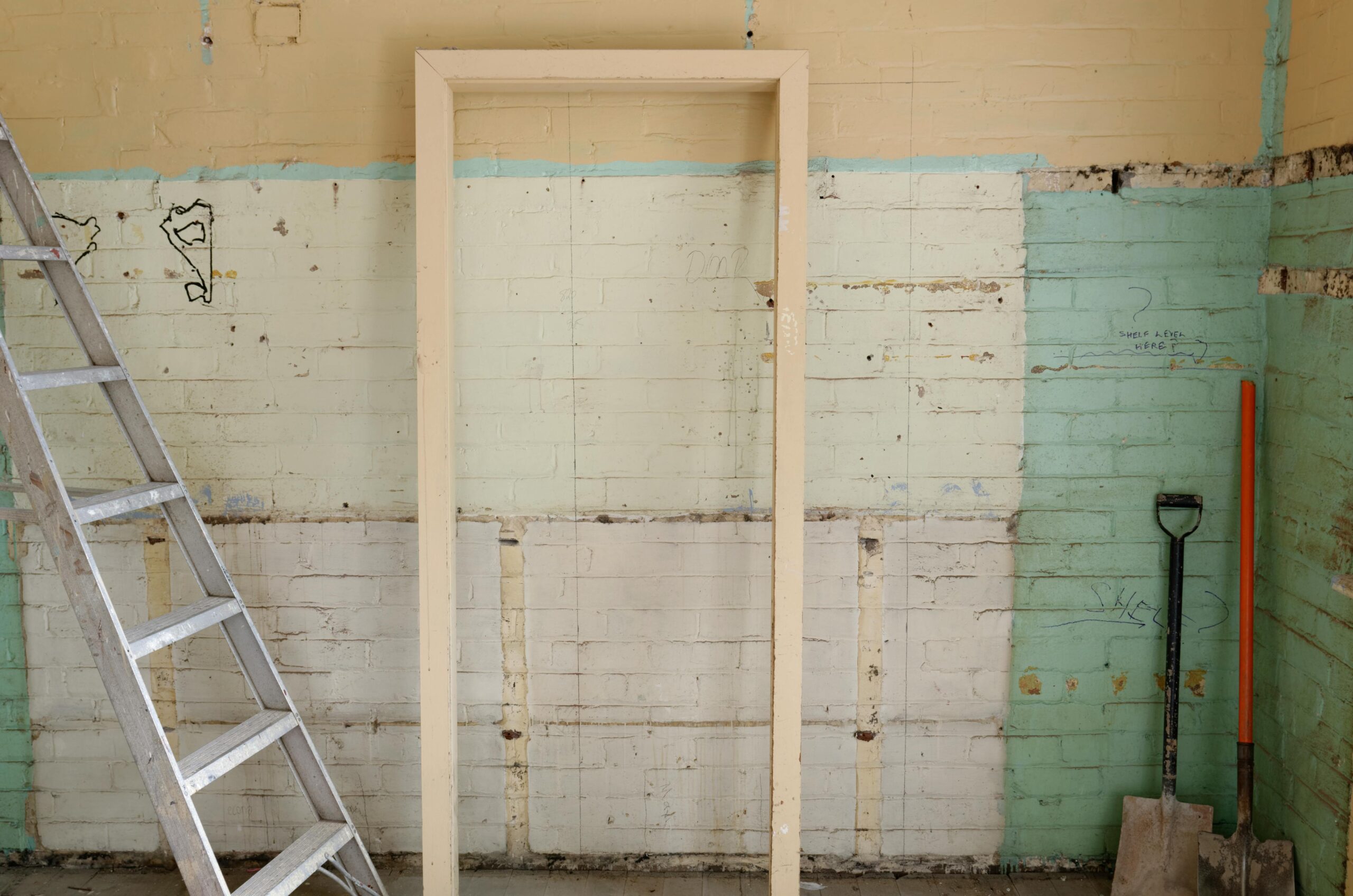
Is Buying A Fixer Upper Worth it?
Buying a fixer-upper can be worth it, but it comes with both advantages and challenges. Here are some key points to consider:
Advantages:
- Lower Purchase Price: Fixer-uppers are typically sold at a lower price compared to move-in-ready homes, making them more affordable.
- Potential for Increased Equity: Renovating a property can increase its value significantly, allowing you to build equity if done wisely.
- Customization: You have the freedom to design and make changes according to your preferences, ensuring the home reflects your personal style.
- Opportunity to Learn: For those interested in home improvement, renovating a fixer-upper can be a rewarding hands-on experience.
- Less Competition: Fewer buyers may be interested in homes that require work, giving you a better chance of negotiating a favorable deal.
Challenges:
- Cost Overruns: Renovations often cost more than initially planned due to unexpected repairs or changes in scope.
- Time and Effort: Renovating a home can be time-consuming and stressful, especially if you’re living in the property during the work.
- Hidden Problems: Older homes might have hidden issues, such as structural damage, outdated wiring, or plumbing problems that can complicate repairs.
- Financing Difficulties: Securing a mortgage for a fixer-upper can be trickier, particularly if extensive repairs are needed before move-in.
- Resale Considerations: If your renovations don’t align with buyers’ preferences in the future, it could affect resale value.
Conclusion:
Whether buying a fixer-upper is worth it depends largely on your personal situation, including your budget, renovation skills, risk tolerance, and long-term goals. Conduct thorough research on potential properties, create a realistic renovation budget, and consider consulting with professionals (like contractors and real estate agents) to assess the feasibility of your project.
November 18, 2024
Leave a Reply Cancel reply
© 2020 CENTURY 21 Prime South Realty, Inc. All rights reserved. CENTURY 21®, the CENTURY 21 Logo and C21® are registered service marks owned by Century 21 Real Estate LLC. Century 21 Real Estate LLC fully supports the principles of the Fair Housing Act and the Equal Opportunity Act. Each office is independently owned and operated.